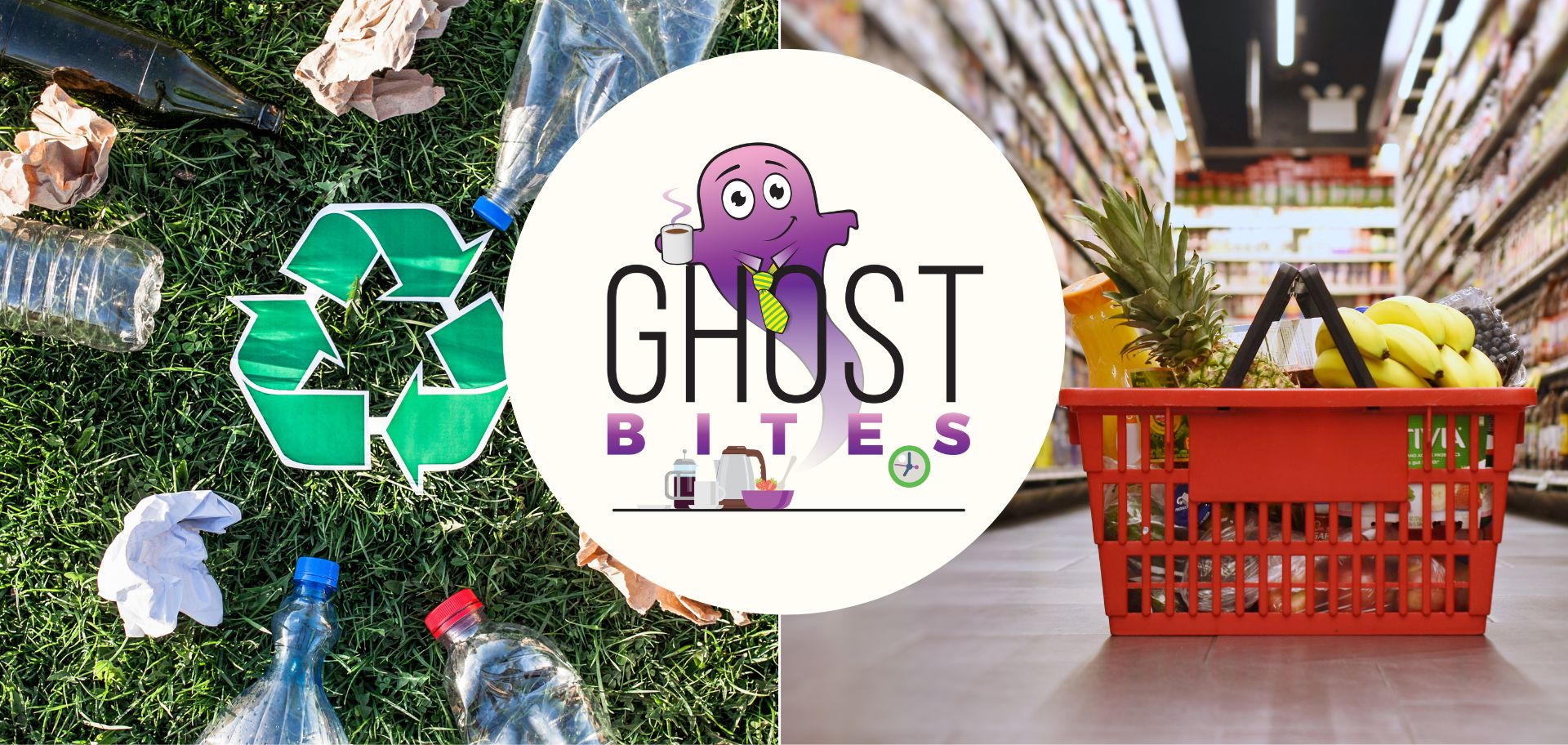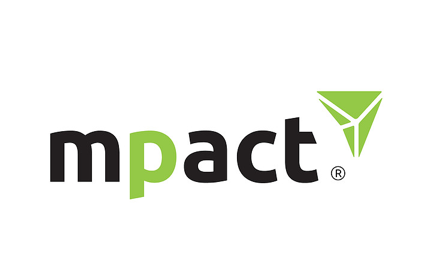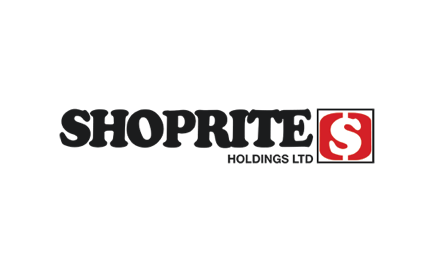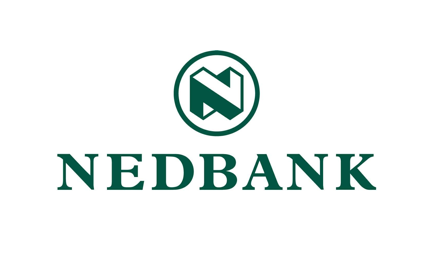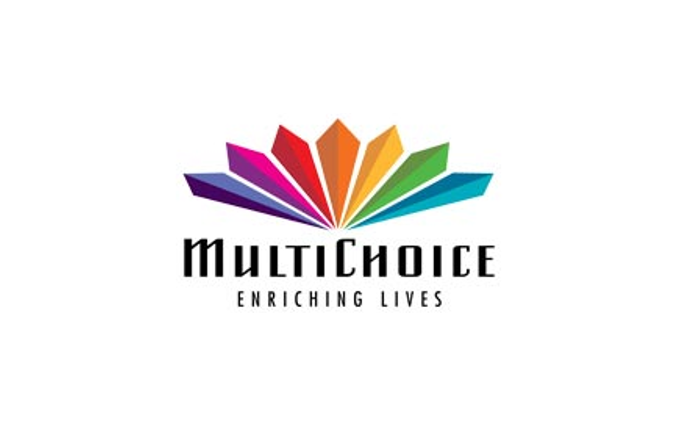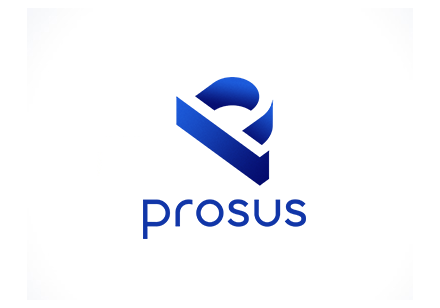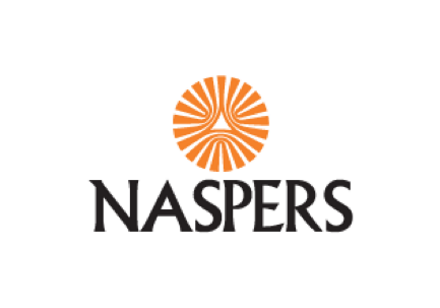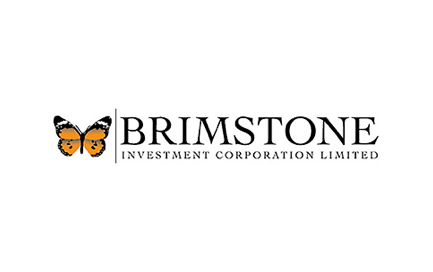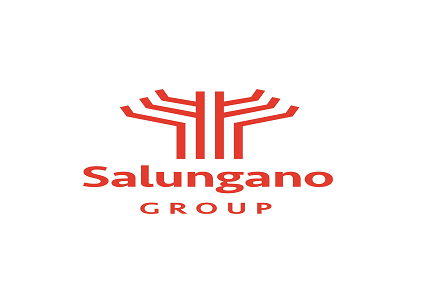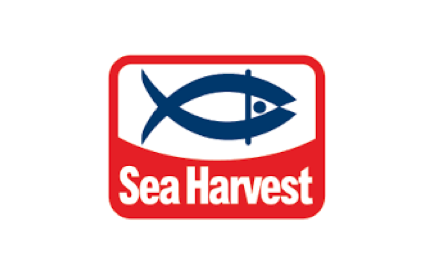There’s not much fire at Brimstone (JSE: BRT)
Intrinsic net asset value (INAV) per share has crept upwards by 0.8%
With a market cap of just R240 million, Brimstone is a small investment vehicle that is a lot smaller than it used to be a few years ago. The passage of time hasn’t been kind to Brimstone, now trading at a huge discount to the INAV of R13.25 per share. To give you an idea, the share price closed at R6.30 on Tuesday.
Brimstone reports revenue, operating profit and other metrics, but it is an investment holding company at heart and so I only focus on INAV. The other numbers are far too impacted by whether investments are recognised as subsidiaries, associates or portfolio investments. If ever there was a company that should switch to investment company reporting, it’s this one.
The INAV is effectively the valuation by the directors of the underlying investments. With such a huge discount to INAV, the best way to unlock value would be for the directors to start selling investments for what they have put forward as the fair value, before executing share buybacks.
Will we see that happen? Probably not.
Mpact: higher earnings and plenty of investment (JSE: MPT)
The CEO’s surname is Strong and so are the earnings
The year ended December 2022 was a happy time for Mpact, despite the obvious pressures faced by businesses in South Africa. The company enjoyed great demand for its containerboard, cartonboard and converted paper products. Having been an early adopter of renewable energy investment, the operations were more resilient to load shedding than many others can say, which certainly helped in 2022 and must be helping going forward as well.
I simply have to also touch on this fascinating excerpt from the results: “Mpact’s paper mills have demand curtailment agreements with Eskom rather than being subject to load-shedding schedules.” I can’t say I’ve seen this before but it makes a world of sense, with Eskom giving less electricity all the time rather than all or nothing. Surely this is a model that other industrial groups can investigate with Eskom?
It wasn’t a perfect year, with the Plastics business achieving flat volumes overall because of the floods in KZN that impacted the Pinetown factory. It also sounds like demand took a knock in this part of the business, with the paper business more than making up for it. A strong recovery in restaurants was a driver of demand in paper, particularly delivery bags and Freshpact punnets and trays.
While many South Africans continue to spend their time researching emigration options for Australia and Canada, Mpact is investing here. I’m not talking about small numbers either, with the R1.2 billion Mkhondo Mill as a perfect example of the company’s commitment to ongoing growth in South Africa. This project is designed to meet growing virgin containerboard demand from the export fruit sector. The paper business shows how powerful this can be, after the Felixton Paper Mill achieved record production after being rebuilt back in 2017.
Looking at the numbers, revenue is up 7.1% and EBIT increased by 22.9% thanks to higher average selling prices. Return on capital employed improved from 17.8% to 18.5%. The paper business grew underlying operating profit by 26.8% and plastics achieved flat operating profit. The paper business is thankfully much larger, with profit of R1.1 billion vs. R198 million in plastics.
As we’ve seen practically everywhere, net finance costs were higher because of increased average net debt and the cost of borrowing. This came in at R183.8 million vs. R139.5 million the prior year. One way of looking at this is that the plastics division basically covers the debt costs!
With HEPS growth of 25.3%, Mpact can be proud of this result. With a total dividend of 115 cents for the year, the company is on a trailing dividend yield of roughly 3.8%.
Nedbank made the most of 2022 (JSE: NED)
The big question is: what will Eskom do to 2023’s performance?
There’s much to consider for the local banks. As confirmed by my conversation with Mike Davis after these results (CFO of Nedbank), South African banks are far more “traditional” than US counterparts that have huge reliance on investment banking revenues. Our banks are mostly focused on taking deposits and extending credit, earning interest and fees along the way. There are obviously other important activities (like cross-selling insurance), but that’s the bulk of it.
When inflation is high, balance sheets get bigger and interest rates tend to keep rising, which makes it even more profitable to extend credit. This is true for as long as the credit loss ratio holds up, something that has been the case in the aftermath of the pandemic. Even the Nedbank management team was pleasantly surprised by how everything bounced back after 2020!
The guidance for 2023 is that the credit loss ratio is likely to be flat, sticking around at the top half of the through-the-cycle range. To be fair, that guidance was given before the latest GDP numbers which certainly aren’t encouraging, though Nedbank would’ve anticipated much of the impact of load shedding I’m sure.
A useful “benefit” of load shedding for the banks is that a decentralised grid is being built in South Africa on private balance sheets. In simple terms, instead of government investing in Eskom, we have individuals and balances investing in solar. This is clearly an opportunity for the banks, with Nedbank financing these projects as part of home loans or instalment sales agreements put together by MFC, the vehicle finance business.
With much uncertainty ahead around Eskom and the credit environment, Nedbank did at least make the most of 2022. You can get more details and the full commentary at this link>>>
If you remember nothing else, remember that Nedbank grew headline earnings by 20% and improved return on equity to 14%. But with an estimated cost of equity of 14.9%, the bank still isn’t generating economic profits, so there’s much work to be done. The group will need to keep grinding out both net interest income and non-interest revenue, while continuing to bring the cost-to-income ratio down.
The full year dividend of R16.49 per share was 38% higher, putting the bank on a trailing dividend yield of 7.1%.
Sea Harvest shareholders are feeling salty (JSE: SHG)
Watching your position drop 7.4% in a day is never fun
Well, if you like seeing only good results on the market, look away now. Sea Harvest Group reported a 27% improvement in revenue and then a whole bunch of other numbers that went firmly in the wrong direction.
Firstly, gross margin contracted from 31% to 23%. EBIT margin fell from 15% to 9%, driven by a 25% nosedive in EBIT. By the time we get to net profit, HEPS fell by 33% and shareholders are crying.
The fuel price is a serious issue here, as is load shedding and the freight cost of exports. Despite a 9% drop in fixed costs in the local fishing business (an admirable effort), it was the variable costs that really broke the story here.
Although the aquaculture business managed to reduce its operating loss, it doesn’t help that there was still a loss of R40 million.
In Cape Harvest Foods, operating profit increased nicely from R52 million to R118 million. This is a smaller part of the group though, compared to South African fishing at R349 million operating profit (which was much higher at R672 million in the prior year).
In Australia, the group generated operating profit of R45 million. It would’ve been R79 million were it not for acquisition-related costs, a reminder of how expensive M&A actually is.
To add insult to extensive injury in the operations, net finance costs increased from R57 million to R124 million.
Unless fuel costs come down, profitability is likely to remain under pressure.
Shoprite resonates with every LSM, but load shedding… (JSE: SHP)
No retailer is immune from the cost horrors of Eskom
Shoprite’s share price was obliterated in early morning trade after results for the 26 weeks ended 1 January were announced, but it did catch a bid and was flat by lunchtime. The market panicked about HEPS growth of 6.4% at group level and 10.2% from continuing operations only. This is the risk of a company trading at a lofty valuation.
The crux of the investment thesis is that Shoprite has businesses that resonate with every type of consumer in South Africa. This has come through in the latest numbers, with Shoprite and Usave up by 15.1% and Checkers and Checkers Hyper up by 16.9%. These are exceptional numbers, with the group winning another 140 basis points in market share.
Gross margin took a 64 basis points knock, driven by the need to be more competitive on price (a direct result of consumer pressure) and the higher cost of diesel in the supply chain.
The diesel theme continues into operating costs, with a whopping R560 million spent to run generators in this period. In the comparable period, it was only R95 million. This led to an increase in trading profit of only 8.6% as the margin shrunk from 6.1% to 5.7%.
In my view, this sector is in for a tough year. But if you look at these top-line growth numbers for Shoprite and feel anything other than admiration, you’re missing a trick here. This is the grocery retailer in South Africa (if we took a holistic view across LSMs) and the ongoing market share gains prove it.
Does that make it a great investment? With a high valuation multiple and obvious load shedding headwinds, I’m avoiding the sector entirely this year.
Little Bites:
- Director dealings:
- The CEO of Discovery’s (JSE: DSY) Vitality business in the UK has sold shares worth over R8.8 million. When a stock has run 32% in six months and lost 4% over a year, I can’t blame him for that trade.
- Various directors of MultiChoice (JSE: MCG) (including the chairman) have sold shares in the company worth R9.65 million.
- There were several dealings in MIX Telematics (JSE: MIX) shares linked to directors and share appreciation rights, with the most notable being that the CEO kept all of his shares and will pay the costs out of his own pocket. That’s unusual, as directors usually sell at least enough shares to cover the taxes.
- RBFT Investments (linked to a Salungano director) has continued mopping up shares in Salungano (JSE: SLG) belonging to shareholders looking for liquidity, adding another R1.54 million to the collection.

